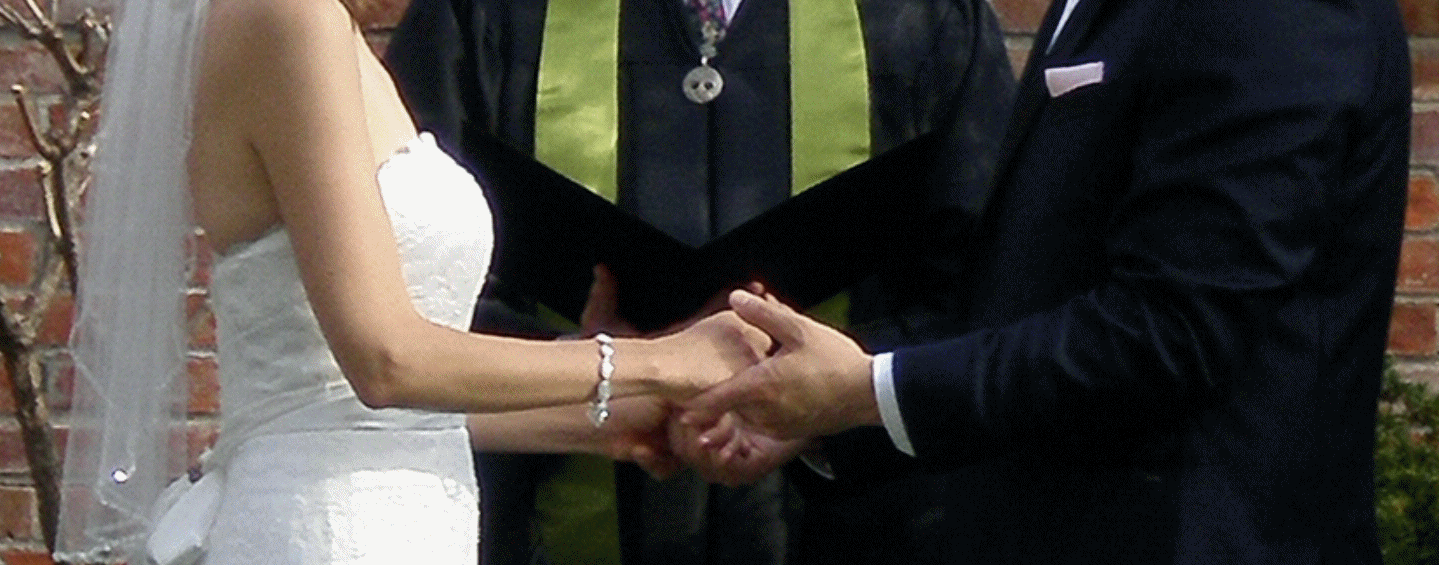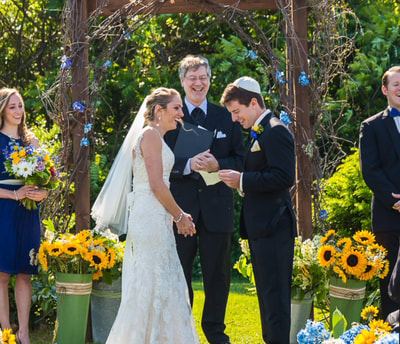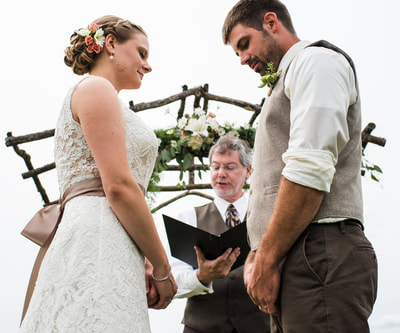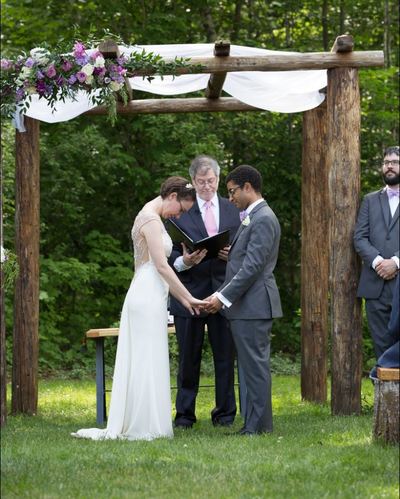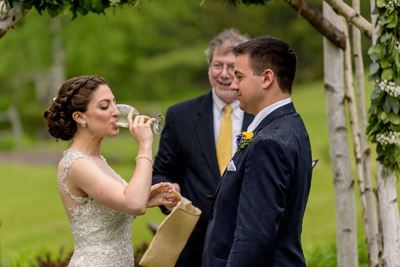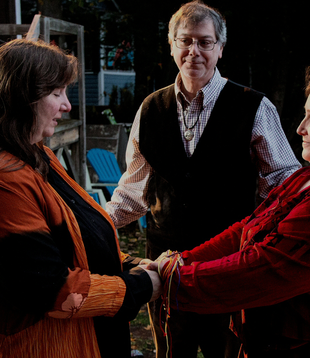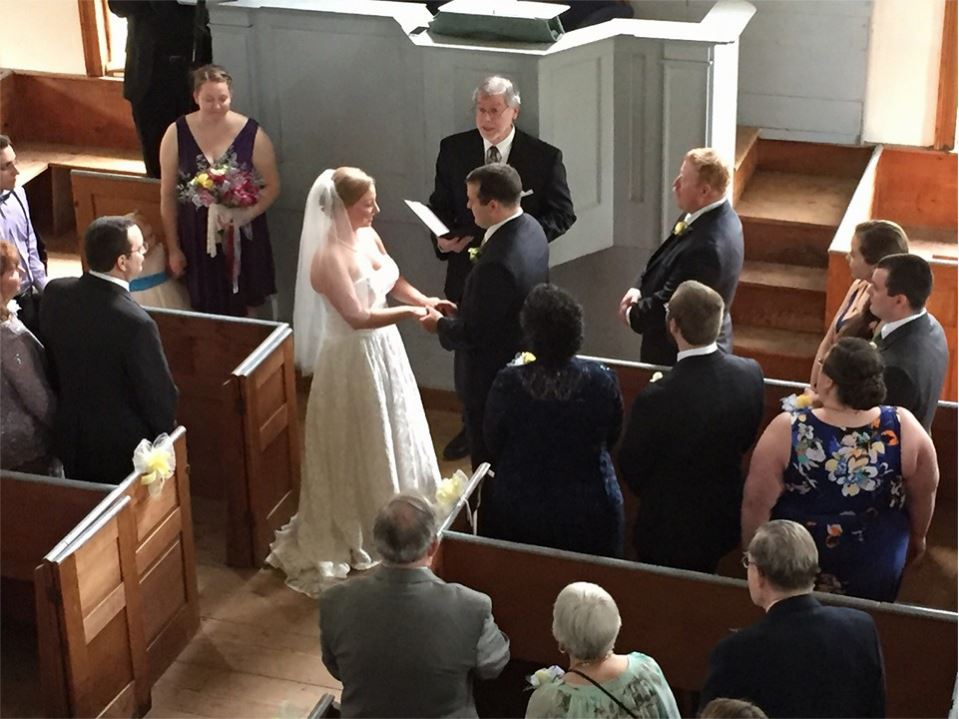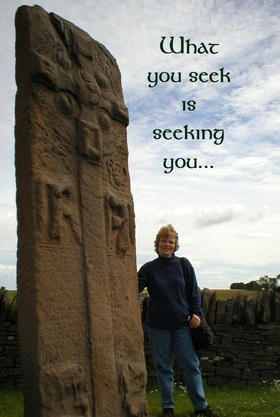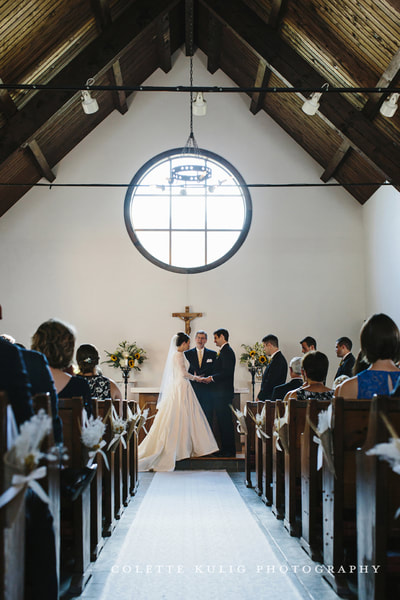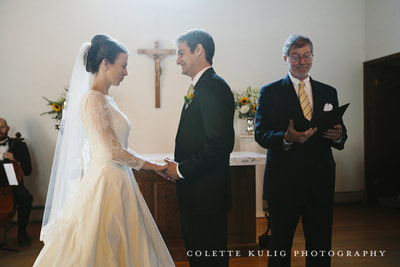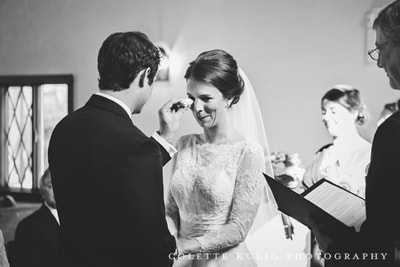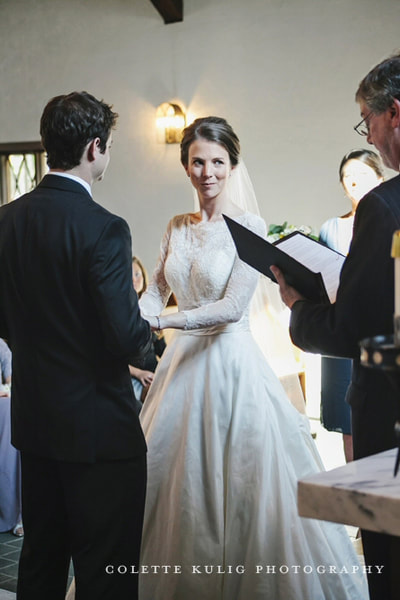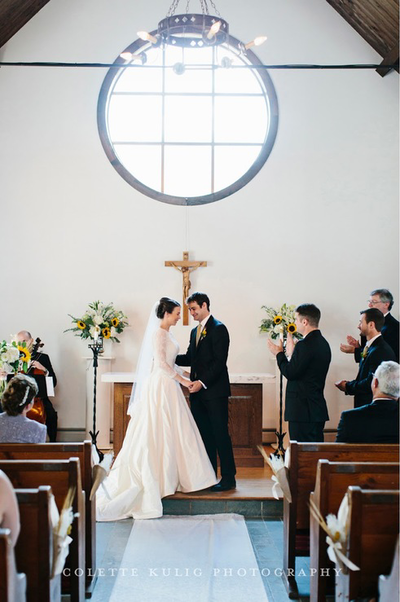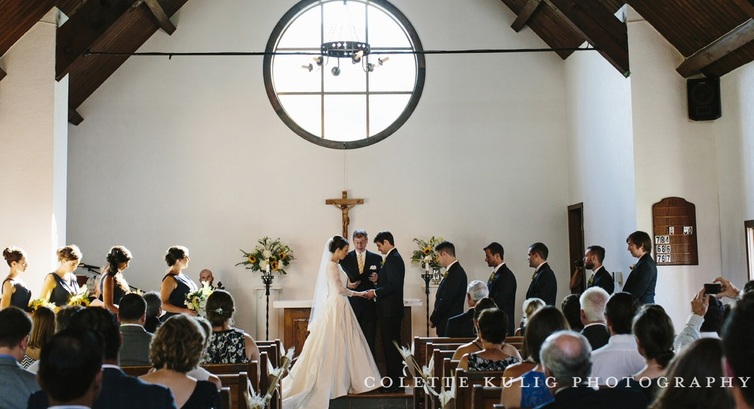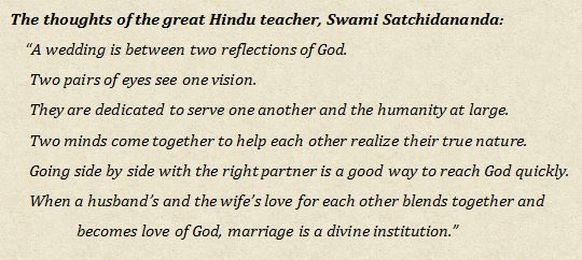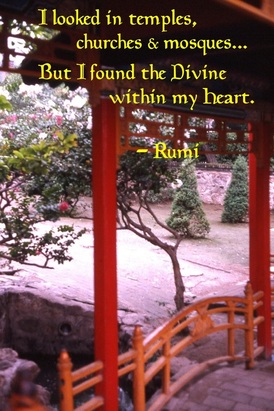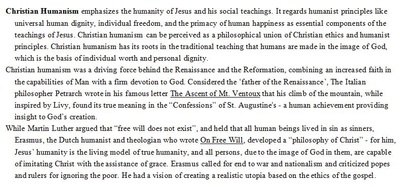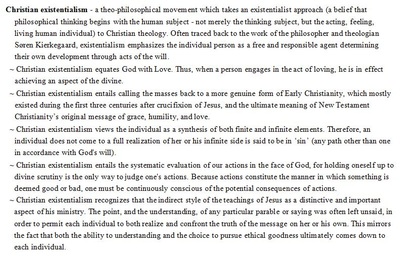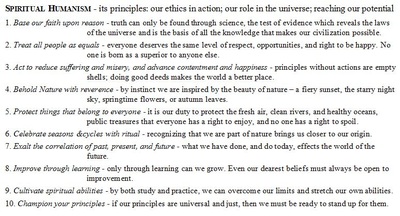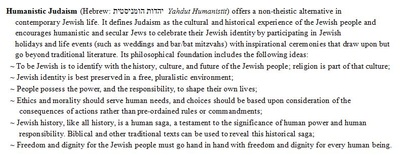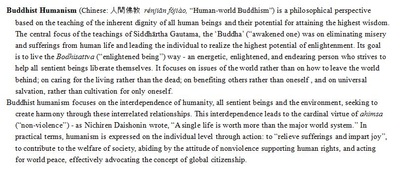We can work together to incorporate aspects of the liturgy, rituals and traditions of each of your faiths, along with your personal beliefs, into your wedding ceremony.
|
Celtic handfasting ceremony - 2014
|
My Own Faith Journey...
I was born and raised in Reformed Judaism. After moving to Vermont in the early 1980s, I became a member of a local Friends Worship Group (which, over time, grew into a Friends Meeting). Friends (Quakers) of the New England Yearly Meeting have no ordained clergy... so, over the decades, I pursued studies of comparative religion, Christian Humanism and Christian Existentialism, at first independently, then through coursework beyond my Masters. In early 2014, I became an ordained Universalist minister, and have since become a member of the Unitarian Universalist Christian Fellowship (UUCF). |
A Modern Interpretation of a Traditional Jewish Wedding! Hannah & Kofi - June, 2017
All photos courtesy of Laura Swoyer (Swoyer Photography), a photographer I can highly recommended!
All photos courtesy of Laura Swoyer (Swoyer Photography), a photographer I can highly recommended!
Ricki & Timoteo's Wedding with Hispanic Traditions: The Lasso and the Arras - May 2017
Ashley & Duncan's Wedding at The Chapel in the Snows (Stratton) - Sept 2015
( Please note: a particular religious denomination may not 'recognize' a wedding which is not celebrated
in their own church, synagogue, or house of worship, by one of their own clergy.
If this is important to you, you should contact a member of that denomination's clergy . . . )
in their own church, synagogue, or house of worship, by one of their own clergy.
If this is important to you, you should contact a member of that denomination's clergy . . . )
CHRISTIAN HUMANISM?
~ Born in the Renaissance, an approach known as Christian Humanism
began with devout Christians who called for learning “ad fontes”
(‘back to the sources’) -
seeking to understand the life and teachings of Jesus,
and the meaning of his ministry, by translating and understanding
the original meaning of the Aramaic and Greek New Testament texts,
and the faith model of the founders of the early church.
~ Before the Renaissance, Christian teachings focused primarily on
the divine aspects of their belief:
Jesus as divine, miracles, salvation, damnation, and so on.
During the Renaissance, however, there was much more focus
on Jesus the man, including his teachings, relationships,
and experiences culminating with his execution via crucifixion.
~ Christian Humanists believe that this life should not be viewed
merely as a prelude or a probation, but as a gift to be enjoyed,
even if we can not yet understand the giver of the gift.
~ Christian Humanism emphasizes the image of God
as the source and basis of human beings’ unique dignity and worth.
If we truly believe that humans were ‘created in God’s image’,
and the natural world was ‘created by God’,
then the path to understanding God is not to be found
through theological dogma and authority,
but by understanding the gifts and talents of humanity
and discovering the natural laws of the universe.
~ Born in the Renaissance, an approach known as Christian Humanism
began with devout Christians who called for learning “ad fontes”
(‘back to the sources’) -
seeking to understand the life and teachings of Jesus,
and the meaning of his ministry, by translating and understanding
the original meaning of the Aramaic and Greek New Testament texts,
and the faith model of the founders of the early church.
~ Before the Renaissance, Christian teachings focused primarily on
the divine aspects of their belief:
Jesus as divine, miracles, salvation, damnation, and so on.
During the Renaissance, however, there was much more focus
on Jesus the man, including his teachings, relationships,
and experiences culminating with his execution via crucifixion.
~ Christian Humanists believe that this life should not be viewed
merely as a prelude or a probation, but as a gift to be enjoyed,
even if we can not yet understand the giver of the gift.
~ Christian Humanism emphasizes the image of God
as the source and basis of human beings’ unique dignity and worth.
If we truly believe that humans were ‘created in God’s image’,
and the natural world was ‘created by God’,
then the path to understanding God is not to be found
through theological dogma and authority,
but by understanding the gifts and talents of humanity
and discovering the natural laws of the universe.
|
"A religion old or new,
that stressed the magnificence of the universe as revealed by modern science, might be able to draw forth reserves of reverence and awe hardly tapped by the conventional faiths. Sooner or later, such a religion will emerge. " -Dr. Carl Sagan, discussing 'Pantheism' (literally, 'God in everything' or 'everything is God'), the view that the divine presence encompasses and is manifest in everything in the material universe. “[W]e are all connected, to each other biologically, to the earth chemically, to the rest of the universe atomically.” - Neil deGrasse Tyson |
Please feel free to read the brief explanations that I have researched, edited and prepared about
Christian Humanism, Christian Existentialism, Spiritual Humanism's principles,
Humanistic Judaism, Humanistic Buddhism, and Humanistic Islam
Christian Humanism, Christian Existentialism, Spiritual Humanism's principles,
Humanistic Judaism, Humanistic Buddhism, and Humanistic Islam

You can also find out more
about Quakers at
about Quakers at
